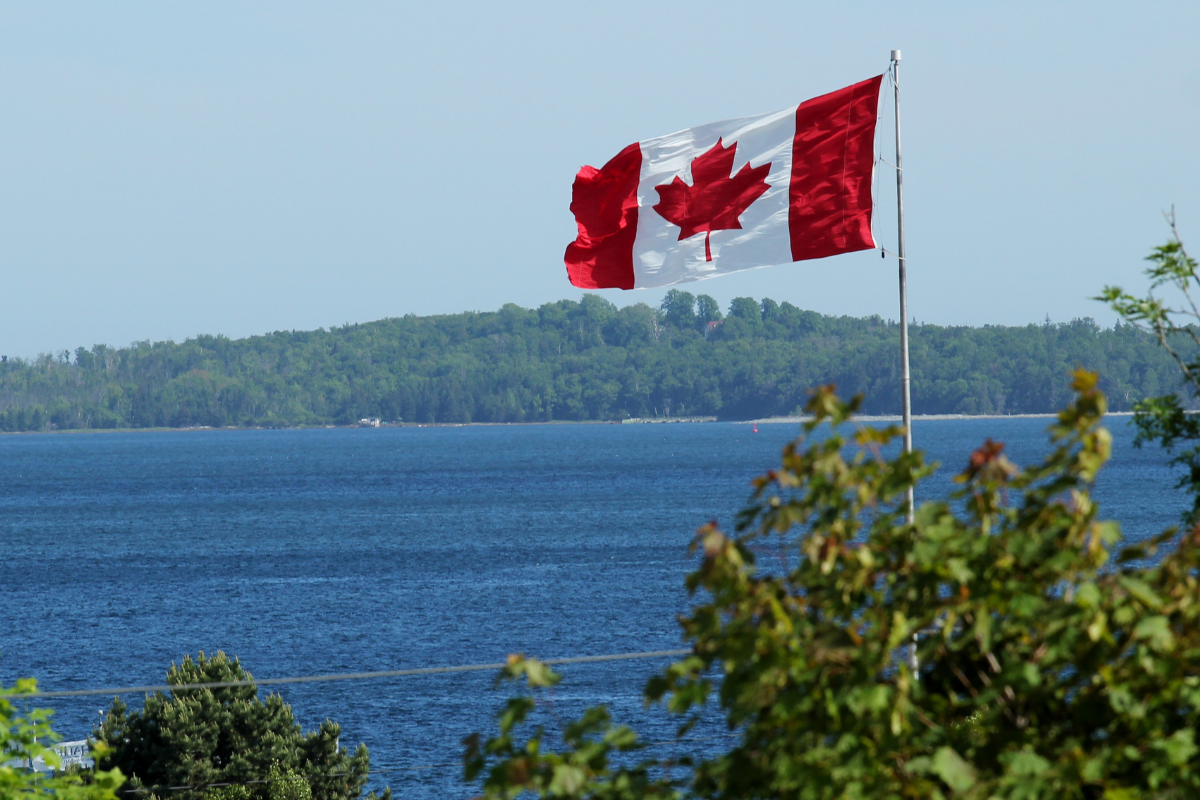A successful and unusually collaborative Council of the Federation (COF) meeting last week was a confidence-building moment as the country stares down United States tariffs, ongoing threats, and destabilizing uncertainty.
Dealing with an unpredictable and relentlessly “America First” U.S. will be an ongoing task for Prime Minister Mark Carney and Canada’s premiers. But where we need to double down is fixing Canada’s economy here at home. In fact, in a less hospitable, more fractured world it’s our only security blanket.
Over the coming weeks and months, bringing back certainty and predictability for Canadian businesses must be job one for Canadian political leaders. As the Canadian Chamber of Commerce’s recent snapshot of business sentiment showed, confidence continues to sink while pessimism creeps up.
Last week’s premiers’ meeting was step one to put Canada on the comeback trail. Next must be urgent action in the form of a plan that restores confidence in Canada as a place to invest, grow, and create jobs.
Making Canada the magnet for investment it was decades ago won’t be a walk in the park and will involve some hard choices. It will mean actively creating the favourable conditions to unleash the investment that goes along with a growth mindset.
Until that happens, businesses of all stripes will continue seeking more opportunities abroad, including across the border. Consider: over the past decade-plus, the gap between outbound investment from Canadian businesses and institutions to the U.S. versus inbound to Canada has grown to nearly $500 billion.
The question: how to turn on the investment spigot.
First, credit where it is due; at COF the premiers committed to a December 2025 deadline to create a single market by entrenching comprehensive pan-Canadian mutual recognition of standards for goods. Additional action is needed on labour mobility and services. The federal government has also moved forward with Bill C-5 to recognize comparable provincial standards, but considerable clarification to provide certainty for business is needed.
Second, we need to create a globally competitive tax environment that puts an end to chasing away globally footloose businesses, top talent, capital investment, and research and development. We need to remake Canada into the front-of-the-pack G7 economy that we once were.
As we deal with a significantly shifting competitive landscape, including the impacts of U.S. President Donald Trump’s signature tax-cutting One Big Beautiful Bill Act, Canada will need a major tax reset to ensure investment flows north, not just south.
Toronto Region Board of Trade’s new policy paper offers a series of recommendations to level the tax playing field. For example, the Big Beautiful Act allows companies that invest in new infrastructure to immediately expense 100 per cent of their capital investments in the first year. It’s a strong incentive for businesses to expand their U.S. manufacturing footprint. Canada will need robust countermeasures.
We also need to introduce preferential tax rates for companies that scale their innovations, and anchor IP-generated profits here at home. In the works since 2018 and announced in the 2024 Fall Economic Statement, a patent box regime is one way to do that. The U.S. and many E.U. members have already done this, so we need to move quickly.
Third, we need to overhaul and significantly simplify our regulatory structures by identifying unnecessarily cumbersome and prescriptive regulations where recognized international and national standards can be used. In short, we need to regulate for growth.
Fourth, we need to ensure that Canadian businesses, which tend to be smaller than their global counterparts, are better positioned to successfully bid on government projects and purchases. This is the moment for governments at all levels to stop talking about changing their procurement policies and finally do it. We’ve had promising signs from the federal government that Canadian steel, blocked by 50 per cent tariffs from the U.S. market, will be mandated for major government infrastructure projects.
Additionally, as Canada doubles down on defence, Minister of Innovation, Science and Industry Melanie Joly is looking to ensure Canadian small and medium businesses will have access to significant sales opportunities that will be created. A good start, but a lot more is needed, and from provinces and municipalities as well.
The past six months have been extremely difficult for Canada. The silver lining is that Canadians — and our governments — are now acknowledging the need to climb out of the slow growth trap we’ve put ourselves in.
We’re moving in the right direction, but we need to pick up the pace. Canada needs to be investable. Period.
-

Giles Gherson
President and Chief Executive Officer, Toronto Region Board of Trade
Giles Gherson serves as the President and Chief Executive Officer of the Toronto Region Board of Trade, among North America's largest and most influential business organizations. In this role, Giles leads the Board's initiatives to strengthen and sustain business growth and competitiveness across the Toronto region, one of the fastest-growing metropolitan centres in North America.
Giles is dedicated to addressing the region’s most pressing challenges, including the widening productivity gap, the ongoing congestion crisis, and barriers to greater regional investment. At the same time, he champions Toronto’s vibrant growth and its role as a global leader in AI, data hubs and the diversity of its business sector. Under his leadership, the Board established the CEO-led Business Council of Toronto to tackle critical issues, with a strategic focus on Advanced Manufacturing, Climate and Energy Transition, the GTA West Economic Gateway, and the Financial Services sector.
Prior to joining the Board in 2022, Giles spent over 25 years in the private and public sector in progressively senior roles. He spent 15 years with the Province of Ontario, where he held multiple influential Deputy Minister roles – most extensively and recently as Deputy Minister, Economic Development. Previously, Giles has led the government’s economic growth and competitiveness policy, overseen the recent creation of two new agencies, Invest Ontario and IP Ontario, and worked to attract a wave of technology and manufacturing investments, including the retooling of the province’s auto sector for next generation battery electric vehicles. He currently sits on Ontario’s Advanced Manufacturing Council, working to boost the long-term competitiveness and resilience of this sector by attracting key investments and creating opportunities for businesses across the province.
Prior to his role in government, Giles worked as editor-in-chief of the Toronto Star, political editor of the National Post and editor of the Globe and Mail’s Report on Business. Giles is the immediate past President of the Board of Directors at the Institute of Public Administration of Canada, the country’s leading professional organization supporting excellence in the public sector.



